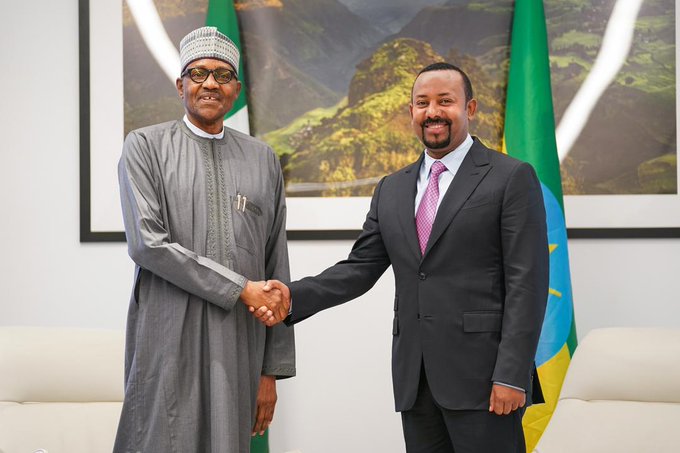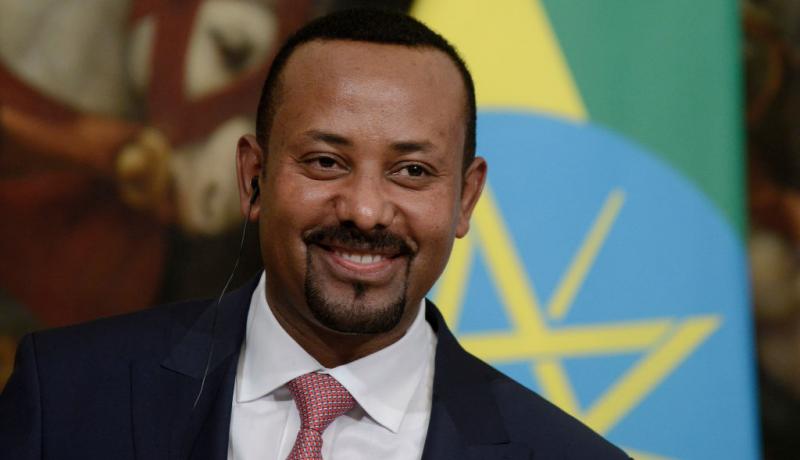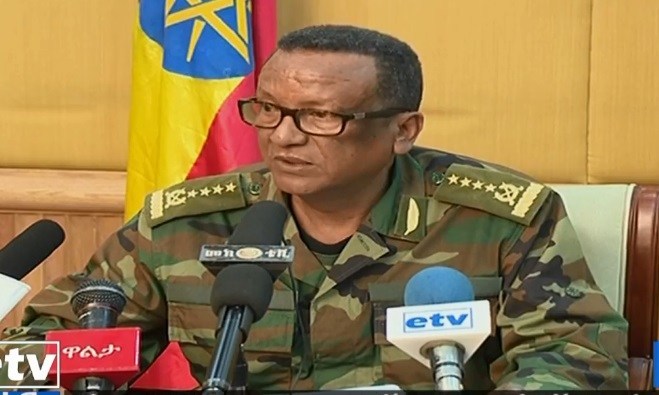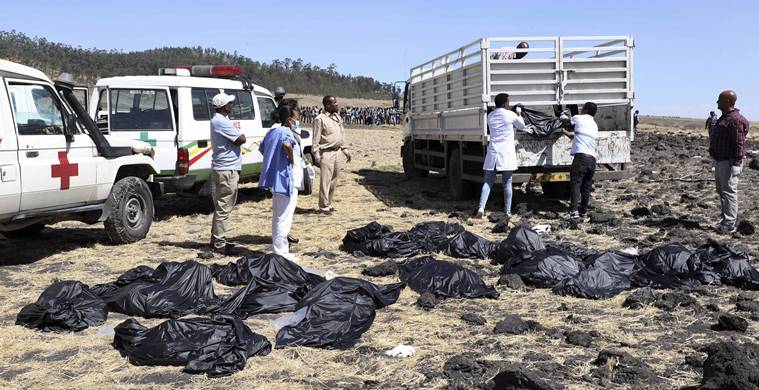China’s tech giant Huawei plans to enhance its contribution to capacity building for Ethiopians in the information and communication technologies (ICT) sector this year, targeting increased number of beneficiaries.
Huawei’s Ethiopia Chief Executive Officer (CEO), Zhou Tianbing, told Xinhua on Monday that Huawei would continue its activities helping the East African country improve education development with most advanced technologies, with committed efforts to bridge the digital divide for Ethiopians.
Huawei has launched and been implementing different initiatives to improve the ICT capacity of young people in Ethiopia, in particular, and Africa in general.
“With a view of building ICT capacity and further improve ICT development, Huawei has launched three major initiatives dubbed Seeds for the Future, ICT competition, and ICT Talent Ecosystem, and these projects have benefited tens of thousands of students at the levels of elementary, secondary and higher education,” Zhou said.
Recalling that Huawei commenced its Seeds for Future project in Ethiopia in 2016, whereby 10 most talented students are sent to China every year for short-term training, the CEO said that Huawei, in cooperation with the Ethiopian Ministry of Science and Higher Education (MoSHE), would continue to select 10 students from top universities across the country.
Since 2018, Huawei has been undertaking its project of ICT Competition, in which 2,357 students from 22 universities of Ethiopia participated in the year 2019, with increased number of participants, which was a little more than 500 in 2018.
And one teacher and three students have been qualified for the final competition to be held in China.
In 2020, Huawei plans to engage more than 3,000 students from 28 universities to show their talents in the ICT competition.
On the ICT Talent Ecosystem of Ethiopia, Huawei signed an agreement with MoSHE in January 2017 for joint construction of ICT Academies in 37 public higher education institutions.
The two sides also signed agreement in January 2019 to jointly construct ICT Academies in technical and vocational education and training (TVET), the first time in Ethiopia to extend Huawei Academy to TVET.
Huawei has launched courses in more than 20 universities and TVETs, and has trained more than 1,500 ICT students.
With the initiative of ICT Academy, Huawei has a plan to open courses this year in nine more universities and three more TVETs in Ethiopia.
Reiterating that Huawei Ethiopia attaches great importance to helping the country improve education development with more advanced ICT, Zhou said his company would further strengthen its support in the year 2020.
In 2015, Huawei worked with 65 schools in Ethiopia for the implementation of SchoolNet by deploying 5,200 cloud desktops in the schools.
In 2017, Huawei SchoolNet Education Cloud deployed 25,000 cloud desktops for a total of 310 schools in 9 regions and 2 cities of the country.
By now, Huawei’s Education Cloud Solution has covered 365 secondary schools, and 10 universities, with more than 30,000 cloud desktops, which have benefited more than 27,000 teachers and students, according to the CEO.
Huawei has also worked together with more than 10 top universities in Ethiopia, where it has constructed the most advanced data centres, fixed and wireless school networks and Education Cloud for them.
He said that so far, more than 300,000 college students had become beneficiaries of digital research and development, digital education and distant education empowered by Huawei.




